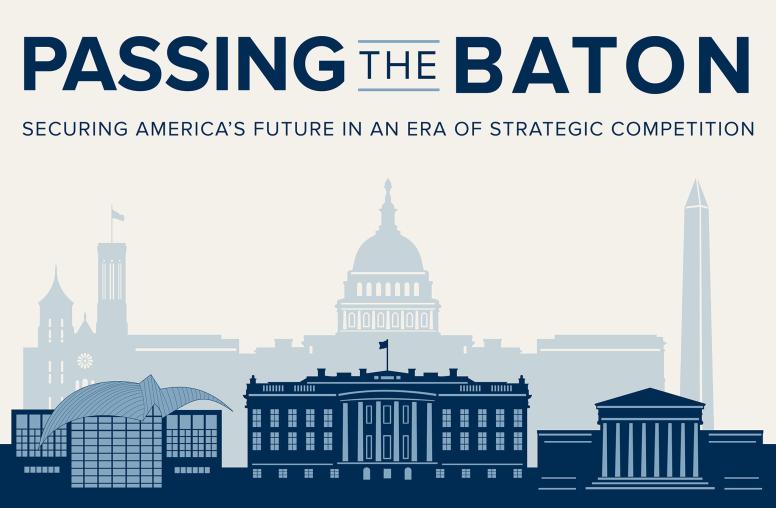New Book Draws Policy Lessons from Northern Ireland Crisis
In the new book “The British State and the Northern Ireland Crisis, 1969-73” (United States Institute of Peace), author William Beattie Smith traces the evolution of British policy in Northern Ireland from 1969 to 1973 and depicts how easily a conflict over national identity can turn into bloodshed. In four case studies of British policymaking, Smith goes beyond the traditional historical narrative to test hypotheses and systematically identify patterns that could recur under comparable conditions in other times and places.
For Immediate Release, May 16, 2011
Contact: Meg Pierannunzi, 202-429-4736
Allison Sturma, 202-429-4725
(Washington)—In the new book The British State and the Northern Ireland Crisis, 1969-73 (United States Institute of Peace), author William Beattie Smith traces the evolution of British policy in Northern Ireland from 1969 to 1973 and depicts how easily a conflict over national identity can turn into bloodshed. In four case studies of British policymaking, Smith goes beyond the traditional historical narrative to test hypotheses and systematically identify patterns that could recur under comparable conditions in other times and places.
In each case, Smith highlights a discrete policy followed by the British government in tackling political disorder in Northern Ireland and examines why the policy was pursued. He outlines three broad strategic options—reform, coercion, and power-sharing— highlights policy missteps and successes, and provides a detailed historical account of how policy decisions affected levels of political violence.
"Perhaps the most important lesson of the book is that policymaking for conflict resolution needs to be evidence-based and self-aware," Smith states, "If an outside power intends to intervene in an internal conflict in a divided society, its policymakers should equip themselves with full and accurate background information and should have a scientific understanding of the preconditions for the conflict and the political worldviews of the organizations and ideologies on both sides."
While advocating caution in extrapolating lessons from Northern Ireland to other conflict regions, Smith derives strategic lessons from the British intervention in Northern Ireland, highlighting the importance of understanding local culture, accurate and timely intelligence, the integration of policies and operations across all government agencies, and the capacity to adapt quickly in response to events.
"Terminating a well-organized insurgency that has popular support requires not only military power and effective intelligence operations," states Smith, "but also political authority, a persuasive message, deep understanding, good coordination, sustained concentration, and a clear vision of both the current situation and an attainable peaceful future."
###



